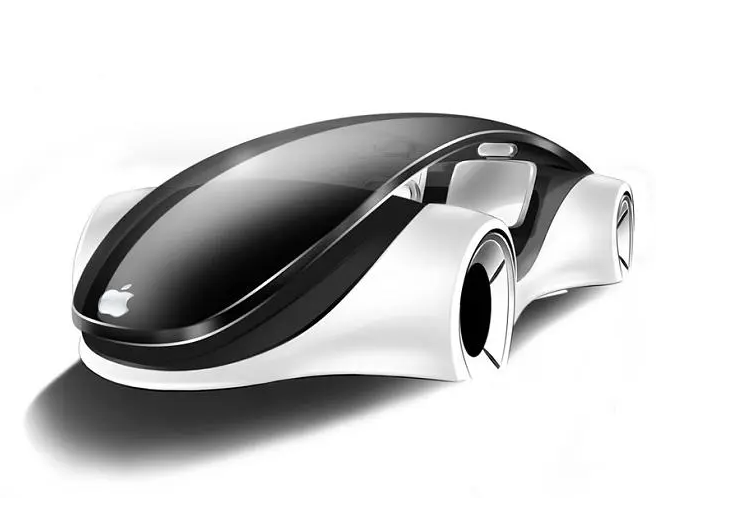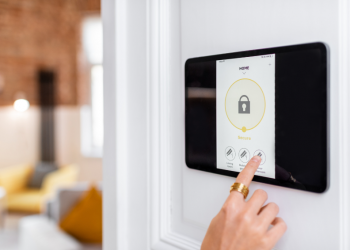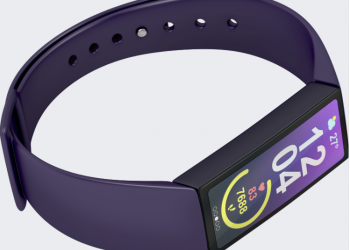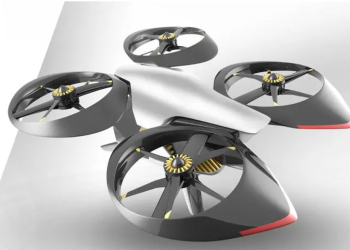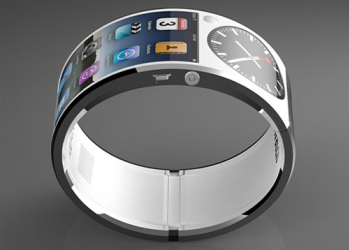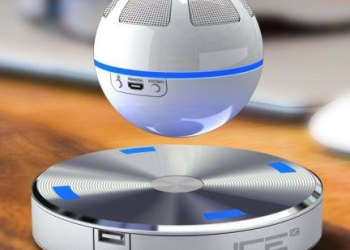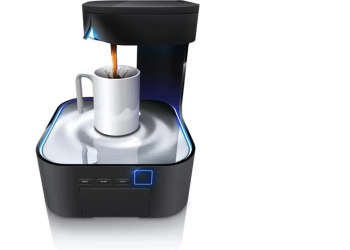In today’s fast-paced world, where health is becoming an increasingly important focus, smart wearables have emerged as revolutionary tools for health monitoring beyond just tracking steps and heart rate. These devices, equipped with advanced sensors and cutting-edge technology, offer a glimpse into the future of healthcare by providing continuous, personalized insights into our well-being.
Introduction
The rise of smart wearables in health monitoring signifies a paradigm shift in how we perceive and manage our health. Gone are the days of sporadic visits to the doctor; instead, individuals can now access real-time health data right at their fingertips, empowering them to make informed decisions about their well-being.
The Limitations of Traditional Health Monitoring
Traditional health monitoring methods, such as periodic check-ups and self-reporting, are fraught with limitations. They provide only snapshots of our health status, often failing to detect subtle changes or trends over time. Moreover, these methods rely heavily on subjective interpretation, leading to inaccuracies and inconsistencies in data collection.
The Evolution of Smart Wearables
The evolution of smart wearables has been nothing short of remarkable. From simple fitness trackers to sophisticated health monitoring devices, these wearables have undergone significant advancements in terms of both technology and design. Innovations in sensor technology, battery life, and data analytics have paved the way for a new era of health monitoring.
Innovative Features of Smart Wearables
Continuous Health Tracking
Smart wearables offer continuous monitoring of vital signs such as heart rate, blood pressure, and oxygen saturation. Unlike traditional methods that provide only snapshot measurements, smart wearables collect data in real-time, enabling users to track trends and patterns over time.
Advanced Sensor Technology
One of the key features of smart wearables is their use of advanced sensor technology. These devices are equipped with a range of sensors, including optical, electrochemical, and biometric sensors, which enable them to measure various physiological parameters with high accuracy and reliability.
Integration with AI and Machine Learning
Smart wearables leverage AI and machine learning algorithms to analyze health data and provide personalized insights. These algorithms can detect subtle changes in health metrics, identify potential health risks, and even offer tailored recommendations for improving health outcomes.
Personalized Health Recommendations
Another innovative feature of smart wearables is their ability to provide personalized health recommendations based on individual health data. By analyzing factors such as activity levels, sleep patterns, and heart rate variability, these devices can offer targeted advice for improving fitness, managing stress, and preventing chronic diseases.
Applications in Chronic Disease Management
Smart wearables are revolutionizing the management of chronic diseases such as diabetes, hypertension, and heart disease. By continuously monitoring key health metrics and providing real-time feedback, these devices empower individuals to take proactive steps towards managing their conditions and improving their quality of life.
Empowering Users with Health Insights
Beyond just tracking health metrics, smart wearables are empowering users with actionable health insights. By providing personalized feedback and recommendations, these devices enable individuals to take control of their health and make informed decisions about their lifestyle choices.
Challenges and Future Directions
Despite their potential, smart wearables still face several challenges that need to be addressed. Privacy and data security concerns, integration with healthcare systems, and advancements in battery life and design are among the key areas that require further attention. However, with ongoing research and development efforts, these challenges are likely to be overcome, paving the way for a future where smart wearables play an integral role in healthcare delivery.
Conclusion
In conclusion, smart wearables represent a transformative force in health monitoring, offering continuous, personalized insights into our well-being. With their innovative features and applications, these devices have the potential to revolutionize healthcare delivery and empower individuals to lead healthier, more fulfilling lives.

FAQs After The Conclusion
- Are smart wearables accurate in monitoring health metrics?
- Yes, smart wearables use advanced sensor technology to measure health metrics with high accuracy and reliability.
- How do smart wearables protect user privacy?
- Smart wearables employ encryption and data anonymization techniques to protect user privacy and ensure data security.
- Can smart wearables detect early signs of chronic diseases?
- Yes, smart wearables can detect subtle changes in health metrics that may indicate the early onset of chronic diseases.
- Do smart wearables require a smartphone to function?
- Some smart wearables can function independently, while others may require a smartphone for data synchronization and app connectivity.
- What types of sensors are used in smart wearables?
- Smart wearables use a variety of sensors, including optical sensors, electrochemical sensors, and biometric sensors, to measure physiological parameters.
- Can smart wearables help in managing stress and mental health?
- Yes, smart wearables can track metrics such as heart rate variability and sleep patterns, which are indicators of stress and mental health.
- Are smart wearables covered by health insurance?
- Some health insurance plans may offer coverage for smart wearables as part of wellness programs or preventive care initiatives.
- What is the future of smart wearables in healthcare?
- The future of smart wearables in healthcare is promising, with ongoing advancements in technology and increasing integration with healthcare systems.


